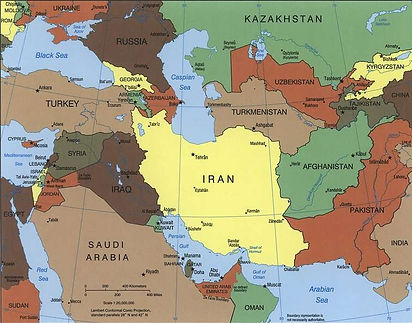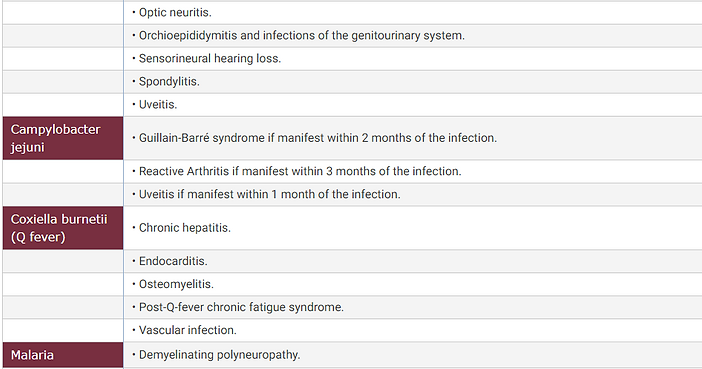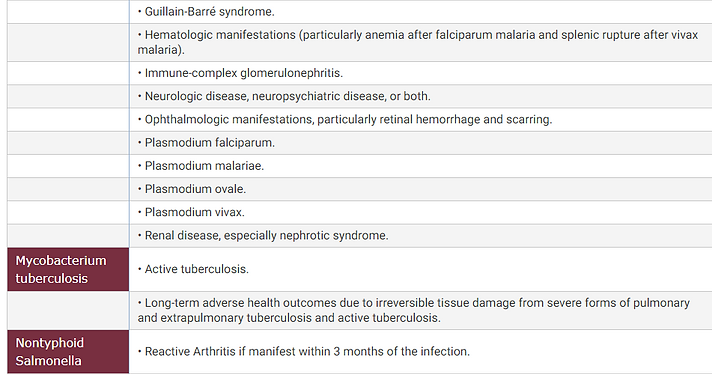
Gulf War Syndrome (MUCMI)
Key Points
Nexus Opinions May Not be Necessary
Since Gulf War syndrome is hard to pin down in terms of a diagnoses, it may be hard to connect a complicated set of symptoms to your service. That is why if you satisfy all of the elements to obtain Gulf War Syndrome benefits, the VA cannot impose a nexus evidence requirement.
There are 3 Elements
-
Qualify as a Persian Gulf War veteran,
-
Suffer from “a qualifying chronic disability,” and
-
The particular qualifying chronic disability must have become manifest during active military service in the Southwest Asia theater of operations or to a degree of 10 percent at any time since the veteran’s return from active duty in Southwest Asia.
The VA Must Obtain a Medical Opinion to Determine if Related Conditions Can be Connected
If you are diagnosed with one of the 9 enumerated infectious diseases, then the VA should obtain a medical opinion to assess if the disease has caused any other certain long-term health effects.
More Information
What is Gulf War Syndrome?
Many of the veteran who served in the
Persian Gulf War during Operation
Desert Storm and Desert Shield in the
early 1990s, in Operation Iraqi
Freedom and Operation Enduring
Freedom after September 11, 2001, and
in Southwest Asia since August 2, 1990
experienced some medically
unexplained chronic multisymptom
illnesses (MUCMI), such as fibromyalgia,
chronic fatigue syndrome irritable
bowel syndrome and certain infectious
diseases after service. These hard-to-diagnose conditions and diseases because so frequent and numerous in these veterans that the VA developed a presumptive basis for the various symptomatology that became to be known as Gulf War Syndrome.
Who May Qualify as a Persian Gulf Veteran?
The VA considers an individual to be a Persian Gulf War veteran if he or she served on active military, naval, or air service in the Southwest Asia theater of operations during the Persian Gulf War. This includes service in Iraq, Kuwait, Saudi Arabia, the neutral zone between Iraq and Saudi Arabia, Bahrain, Qatar, the United Arab Emirates, Oman, the Gulf of Aden, the Gulf of Oman, the Persian Gulf, the Arabian Sea, the Red Sea, and the airspace above these locations.
How to Obtain Gulf War Syndrome Benefits
Under the presumptive statute, the veteran must establish three elements:
-
Qualify as a Persian Gulf War veteran,
-
Suffer from “a qualifying chronic disability,” and
-
The particular qualifying chronic disability must have become manifest during active military service in the Southwest Asia theater of operations or to a degree of 10 percent at any time since the veteran’s return from active duty in Southwest Asia.
Nexus Opinions Should not be Required
Since Gulf War syndrome is hard to pin down in terms of a diagnoses, it may be hard to connect a complicated set of symptoms to your service. That is why if you satisfy all of the elements to obtain Gulf War Syndrome benefits, the VA cannot impose a nexus evidence requirement.
Associated Conditions
Veterans may try to connect "undiagnosed conditions" or medically unexplained chronic multisymptom illnesses (MUCMI), such as fibromyalgia, chronic fatigue syndrome irritable bowel syndrome and certain infectious diseases. This is sometimes hard to pin down, but the VA has listed a hodgepodge of signs and symptoms of an undiagnosed condition, to include:
-
Fatigue
-
Signs or symptoms involving skin
-
Headache
-
Muscle pain
-
Joint pain
-
Neurological signs or symptoms
-
Neuropsychological signs or symptoms
-
Signs or symptoms involving the respiratory system (upper or lower)
-
Sleep disturbances
-
Gastrointestinal signs or symptoms
-
Cardiovascular signs or symptoms
-
Abnormal weight loss
-
Menstrual disorders.
Additionally, there are 9 infectious diseases, which statutes also list as service connected for Gulf War Syndrome on a presumptive basis:
-
Brucellosis
-
Campylobacter jejuni
-
Coxiella burnetii (Q fever)
-
Malaria
-
Mycobacterium tuberculosis
-
Nontyphoid Salmonella
-
Shigella
-
Visceral leishmaniasis
-
West Nile virus.
Each of these infectious diseased listed above may also cause certain long-term health effects. If the veteran is service-connected for one of the above 9 infectious diseases and is diagnosed with one of the potentially-related conditions listed below, the VA will request a medical opinion to determine if there is a nexus for secondary service connection. The related conditions are as follows:
Records of Treatment
I encourage veterans to obtain their Gulf War hospital records from the National Personnel Record Center (NPRC) at (800-791-6261), which I can facilitate as well.





Free Consultation
Don't let the VA push you around when it comes to the benefits that you earned and deserve. Set up your free consultation today and push back.
If the Department of Veterans Affairs Regional Office or the Board of Veterans' Appeals denied your claim, then click on the Denied Claim option and let's get to work.
Are you filing a claim for the first time or seeking a ratings increase after more than a year of being service connected and need some assistance? I offer pro bono (free) services for Veterans who are filing initial claims. Click the Initial Filing option to learn more.
As always, there are no attorney fees unless I win your claim and get you back pay.

.png)